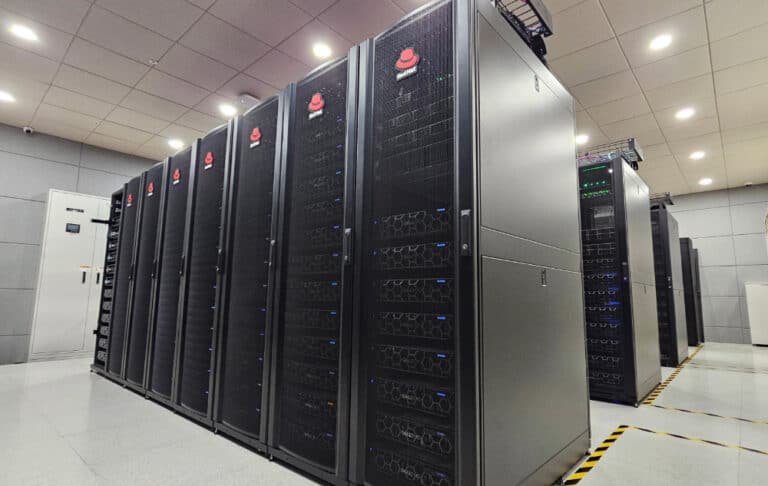Samsung and Red Hat recently successfully tested the Compute Express Link (CXL) memory technology. This technology is designed to increase memory bandwidth in data centres.
The rise of (generative) AI, self-driving cars, and in-memory databases increases data centre demand for throughput and memory. This also results in an increasing need for memory bandwidth and scalability.
CXL technology
To address this issue, Samsung has introduced its CXL memory technology. Once developed by Intel, this technology aims to improve the bandwidth limitations of current data centres, increase speed, reduce latency, and expand data throughput further.
CXL memory technology is an industry-standard that allows different processors and memory devices to connect through a PCIe standard with much lower latency and higher speeds. This allows existing data centres to speed up their data traffic at a lower cost.
In the test setup, Samsung and Red Hat successfully optimized Samsung CXL memory technology for RHEL 9.3. This verified memory recognition and read/write operations in kernel-based Red Hat Virtual Machine and Podman environments.
Future developments
Samsung and Red Hat are now continuing work on a RHEL 9.3 CXL Memory Enabling Guide for customers. This will help them run Samsung CXL memory technology products on RHEL 9.3, improving the performance of computer systems.
Products within this partnership include memory and storage applications, such as CXL, NVMe solid-state drives, computational memory and storage and data fabrics.
In addition, both parties support CXL through the Samsung Memory Research Center and open-source reference models are available.
